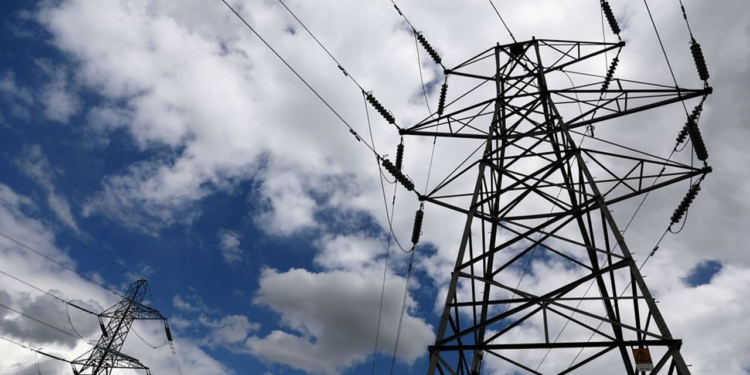A consultant energy economist, Lucky Ighoyota has said that Nigeria’s energy challenges stem from deep-rooted structural issues that will continue to impact the country’s economic and social well-being.
According to Ighoyota, energy security remains Nigeria’s most pressing challenge, with impacts reverberating across all sectors of the economy. “Energy security affects businesses, industries, and households, leading to significant economic losses and social disruptions,” he explained.
In a statement released in Benin City Edo State yesterday, he said, “The energy trilemma is particularly acute in Nigeria because we’re dealing with limited energy access, heavy reliance on fossil fuels, and inadequate infrastructure all at once.
“Despite being a major oil and gas producer, we experience frequent power outages and grid collapses due to gas supply disruptions, ageing infrastructure, vandalism, and oil bunkering.
“Our national grid remains vulnerable to collapses caused by gas shortages, while insecurity in the oil and gas sector, including theft and sabotage, continues to disrupt supply chains.”
The expert emphasized that poor policy decisions have historically failed to consider the interconnected nature of the energy trilemma. “We need solutions that promote a sustainable and resilient energy system while addressing all three aspects simultaneously,” Ighoyota stated.
He however praised the collaborative efforts of International Oil Companies (IOCs) operating in Nigeria, highlighting their multi-pronged approach to addressing the trilemma.
“IOCs are actively working on energy security through the Domestic Crude Supply Obligation, investing in local production, and implementing advanced metering systems to combat theft and sabotage,” he said.
On sustainability, he noted their participation in decarbonisation efforts. He said, “Their involvement in the Nigerian Gas Flare Commercialisation Programme and carbon credit initiatives shows a commitment to aligning with global green energy trends while promoting sustainable practices.”
Meanwhile, Ighoyota has highlighted the transformative role of local security companies in Nigeria’s oil sector recovery. “One of the major setbacks to Nigeria’s prosperity in the 1990s was the unrelenting disruption and sabotage of crude oil production capacity,” he observed. “We went from being a major OPEC player to a fringe participant, with production falling to barely 700,000 barrels per day.”
According to Ighoyota, the turning point came with the engagement of local security companies like Pipeline Infrastructure Nigeria Limited (PINL). “With their deep understanding and firsthand knowledge of the terrain, these companies made a commitment to salvage the situation and return Nigeria to its rightful position among crude oil-producing countries,” he explained.
“This approach has yielded enormous results, leading to a resurgence in crude oil output from below 700,000 barrels per day to over 2.5 million barrels per day presently, thereby breathing life back into our economy,” Ighoyota emphasized.
Looking ahead, Ighoyota stressed the need for a comprehensive approach to address Nigeria’s energy challenges. “The energy trilemma requires investment in infrastructure, diversification of the energy mix, promotion of energy efficiency, and ensuring that energy is affordable and accessible to all Nigerians,” he said.
He called for continued focus on renewable energy development: “The government and stakeholders must continue working toward promoting renewable energy sources like solar and wind power, improving energy efficiency, and implementing policies to reduce carbon emissions.”



